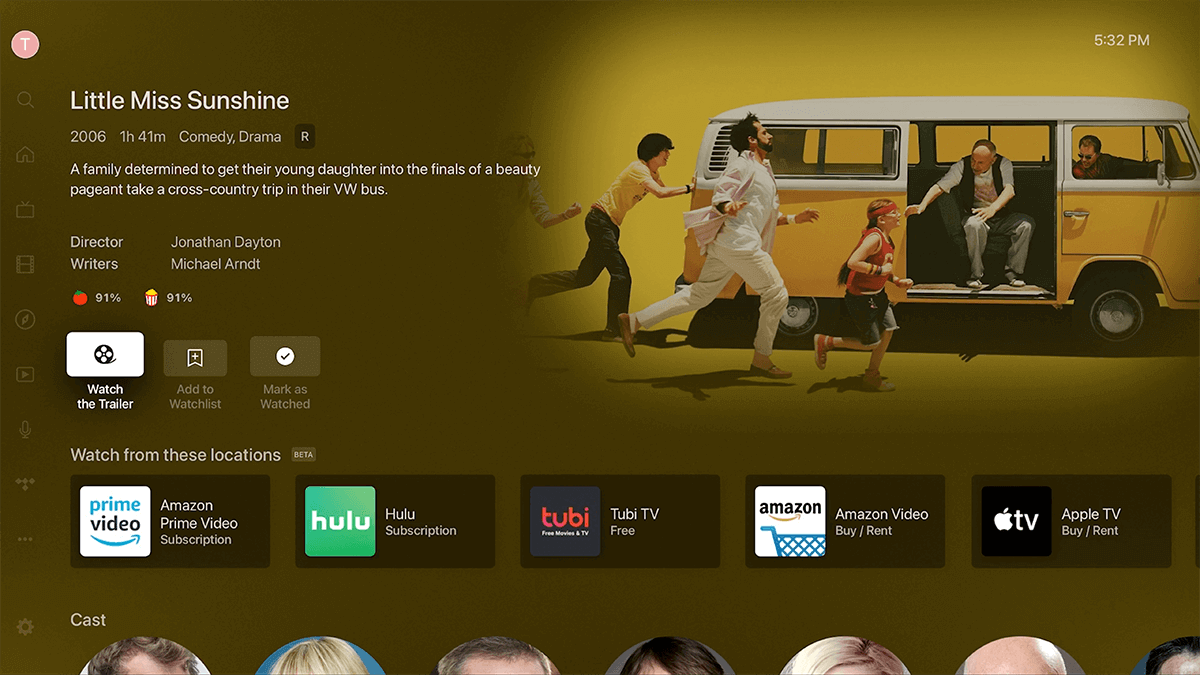Have an Actually Useful One-on-One With Your Boss
Although one-on-one meetings with your boss can seem useful in theory, they often fall short of being truly effective. As the Association for Talent Development recently reported in a survey, while 94% of managers say they schedule regular one-on-one...


Photo: Ground Picture (Shutterstock)
Although one-on-one meetings with your boss can seem useful in theory, they often fall short of being truly effective. As the Association for Talent Development recently reported in a survey, while 94% of managers say they schedule regular one-on-one meetings with their employees, less than half of their employees report actually having regular one-on-ones. And of the employees who are regularly meeting one-on-one with their boss, only 20% of them report these meetings as being effective.
As career coach Amy Drader wrote in a recent blog post, this blind spot surrounding the effectiveness of one-on-one meetings is due to a number of factors. Managers schedule meetings only to cancel them; managers spend the majority of the time talking, rather than listening; and employees struggle with what they should or should not saying during these meetings. All of this adds up to less than 10% of employees reporting satisfaction with one-on-one meetings with their boss.
Short of getting a new boss, what can be done to change this situation?
What one-on-one meetings should ideally look like
As Drader notes, for one-on-one meetings to be effective, they should be regularly scheduled and follow a consistent format. This includes updating your boss on recent successes and letting them know about your progress on specific goals. One-on-one meetings should also be a time to talk through any specific issues, challenges, or obstacles related to your work. Ideally, this would also be a time when your boss can advise you on career growth, which includes professional development opportunities and future goals.
Alternatives to ineffective one-on-one meetings
In a perfect world, your boss would schedule those regular one-on-one meetings, as a time to talk through all of these updates. In a not-so-perfect world, bosses are often busy, overwhelmed, and inadequately trained as managers. When that happens, employees may need to find other ways to fill their boss in on their progress and ask for help. This could take the form of weekly progress update emails, having short, regular chats in lieu of a longer meeting, or taking more initiative on scheduling and prepping for those one-on-one meetings yourself.
G/O Media may get a commission

 MikeTyes
MikeTyes 































